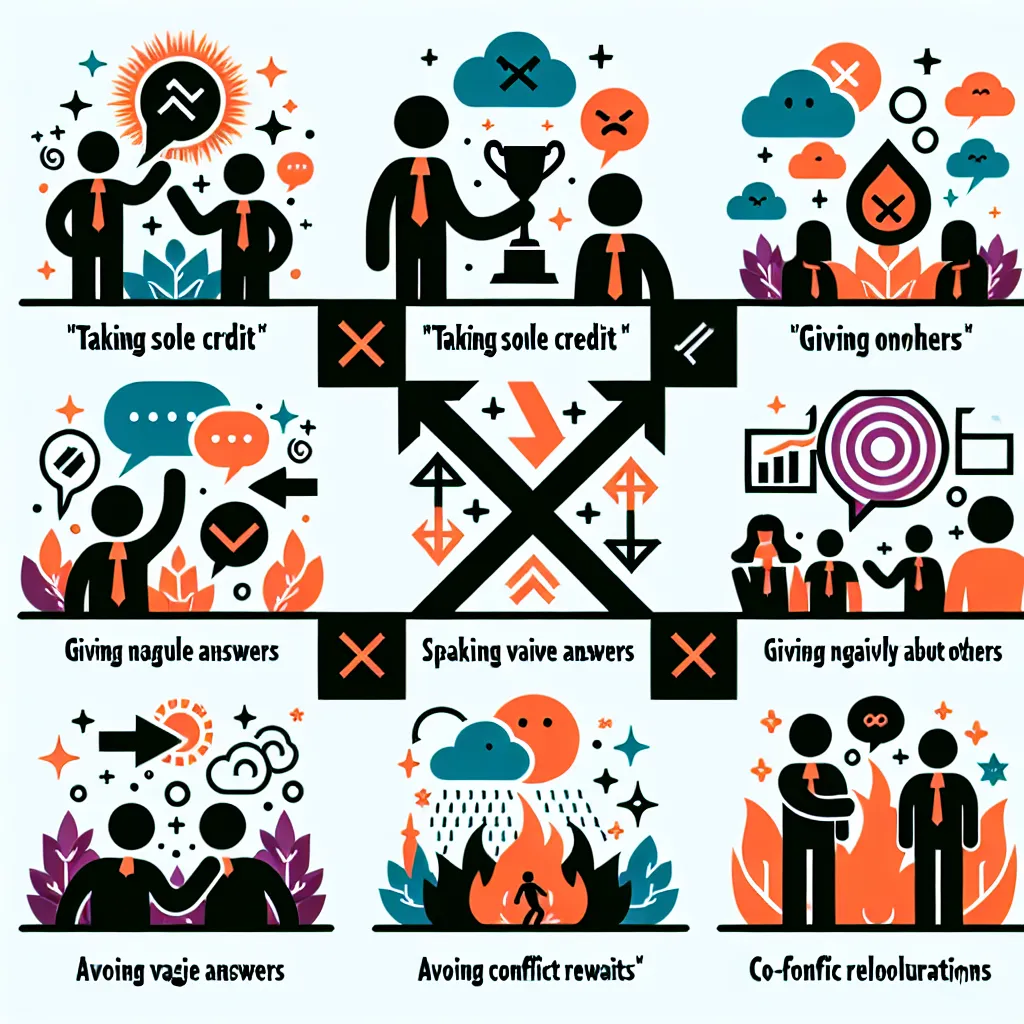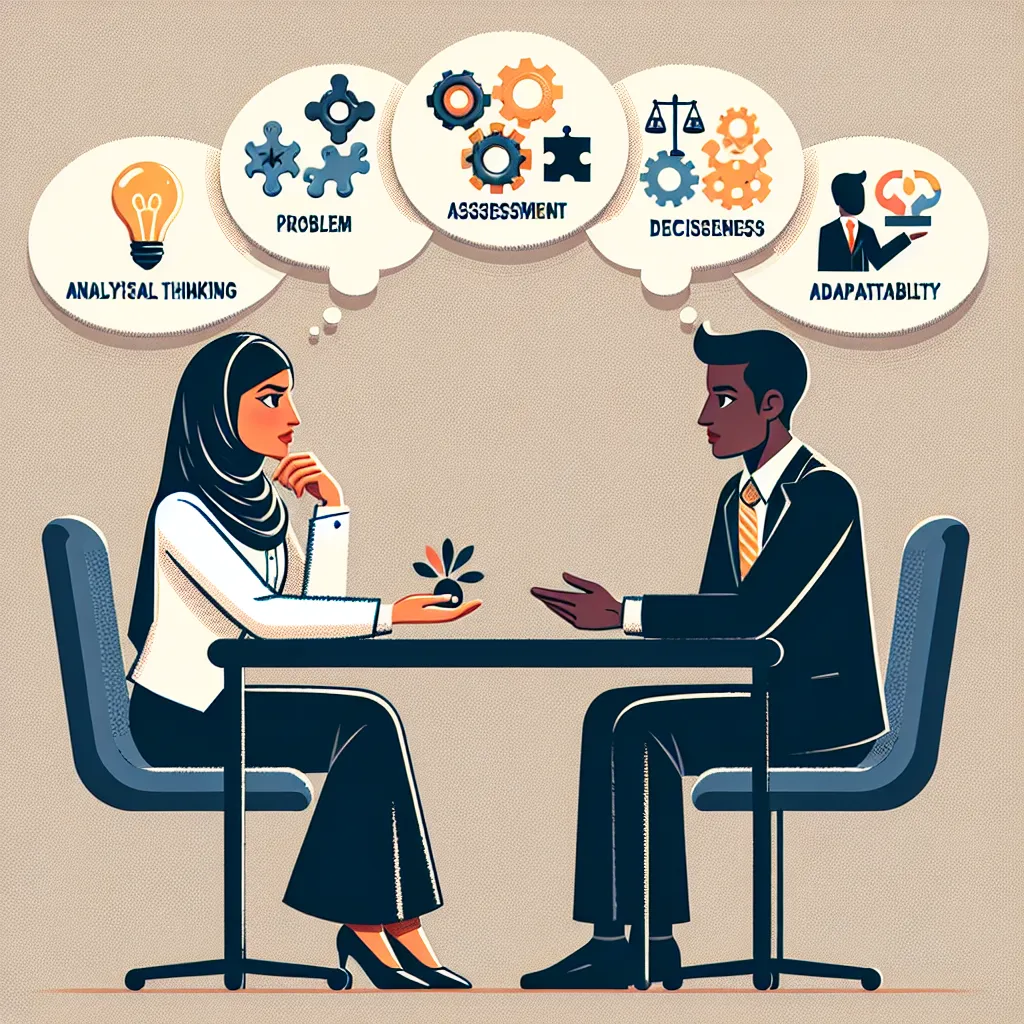As an experienced interviewer and content creator for LearnEnglish.NET, I understand the importance of effectively communicating your teamwork skills during job interviews. In this article, we’ll explore strategies to help you answer questions about working with a team in English, ensuring you make a strong impression on potential employers.
Understanding the Importance of Teamwork Questions
Teamwork is a crucial skill in most workplaces, and employers often prioritize candidates who can collaborate effectively. When interviewers ask about your experience working in teams, they’re assessing your ability to communicate, cooperate, and contribute to group objectives.
 Teamwork Interview Questions
Teamwork Interview Questions
Common Perspectives on Teamwork in Interviews
Assessing Communication Skills
Interviewers often evaluate how well you express your ideas and listen to others. They want to know if you can articulate your thoughts clearly and consider different viewpoints.
Evaluating Conflict Resolution Abilities
Your ability to handle disagreements and find solutions is crucial. Employers look for candidates who can navigate conflicts professionally and maintain positive relationships with colleagues.
Gauging Leadership Potential
Even if you’re not applying for a management position, showing leadership qualities within a team setting is valuable. Employers appreciate candidates who can take initiative and guide projects when necessary.
Sample Teamwork Questions and Answers
Let’s explore some common teamwork questions and how to answer them effectively:
1. “Can you describe a successful team project you’ve been part of?”
Sample Answer: “In my previous role, I was part of a cross-functional team tasked with improving our customer onboarding process. I collaborated with members from sales, marketing, and customer service. My specific contribution was analyzing user feedback data to identify pain points. Through weekly meetings and shared online documents, we streamlined communication and implemented changes that reduced onboarding time by 30% and increased customer satisfaction scores. This experience taught me the value of diverse perspectives and clear communication in achieving team goals.”
2. “How do you handle disagreements within a team?”
Sample Answer: “I believe disagreements can lead to better outcomes if handled constructively. In one instance, a team member and I had different approaches to a project timeline. Instead of arguing, I suggested we list the pros and cons of each approach. We then presented our findings to the team, which led to a hybrid solution that incorporated the best elements of both ideas. This experience reinforced the importance of active listening and finding common ground in team settings.”
3. “What role do you typically take in a team project?”
Sample Answer: “I’m adaptable and can take on various roles depending on the team’s needs. Generally, I enjoy being a facilitator who ensures everyone’s ideas are heard and that we stay on track. In my last team project, I took on the role of coordinating meetings and summarizing action items. This helped keep the project moving forward efficiently while allowing others to focus on their specialized tasks. However, I’m also comfortable taking the lead on specific aspects of a project where my skills are particularly relevant.”
Tips for Answering Unexpected Teamwork Questions
- Use the STAR method (Situation, Task, Action, Result) to structure your answers.
- Focus on positive outcomes and learning experiences, even when discussing challenges.
- Highlight your specific contributions while acknowledging the team’s overall effort.
- Be prepared with diverse examples from different team settings.
Common Mistakes to Avoid in Teamwork Interviews
- Downplaying team contributions: Avoid taking sole credit for team accomplishments.
- Speaking negatively about past team members: Focus on how you addressed challenges constructively.
- Providing vague answers: Use specific examples to illustrate your teamwork skills.
- Neglecting to mention conflict resolution: Employers want to know you can handle disagreements professionally.
 Common Teamwork Interview Mistakes
Common Teamwork Interview Mistakes
Follow-up Questions and Sample Answers
-
Q: “How do you motivate team members who are not contributing equally?”
A: “I believe in understanding the root cause first. I’d have a private conversation with the team member to identify any obstacles they’re facing. Then, I’d work with them to create a plan to improve their contribution, offering support and resources as needed. If the issue persists, I’d involve a supervisor for additional guidance.” -
Q: “Describe a time when you had to lead a team through a difficult situation.”
A: “During a critical project, our team faced an unexpected budget cut. As the project lead, I organized an emergency meeting to reassess our priorities. I facilitated an open discussion where team members could voice concerns and suggest solutions. Together, we identified areas where we could reduce costs without compromising quality. This collaborative approach helped us complete the project successfully despite the setback.” -
Q: “How do you ensure effective communication in a remote team setting?”
A: “In remote settings, I prioritize clear and frequent communication. I advocate for regular video check-ins, use project management tools to track progress, and encourage team members to overcommunicate rather than assume. I also create detailed meeting agendas and follow up with written summaries to ensure everyone is aligned on decisions and action items.” -
Q: “Can you give an example of how you’ve helped integrate a new team member?”
A: “When a new developer joined our team, I volunteered to be their onboarding buddy. I scheduled daily check-ins for the first week to answer questions and provide context on our projects. I also introduced them to key team members and included them in relevant meetings. This helped the new member feel welcome and quickly become a productive part of the team.” -
Q: “How do you balance individual tasks with team responsibilities?”
A: “I use a combination of time management techniques and open communication. I prioritize my tasks based on team deadlines and individual goals. I also make sure to communicate my progress and any potential delays to the team regularly. If I find myself overwhelmed, I’m not hesitant to ask for help or discuss reallocating tasks within the team to ensure we meet our collective objectives.”
Conclusion
Effectively answering questions about working with a team in English requires preparation, self-reflection, and the ability to articulate your experiences clearly. By understanding common interview perspectives, preparing specific examples, and avoiding typical mistakes, you can showcase your teamwork skills confidently. Remember to highlight your ability to communicate, resolve conflicts, and contribute positively to team dynamics. With practice and these strategies, you’ll be well-equipped to impress interviewers with your teamwork abilities.
For more tips on acing your English interviews, check out our articles on English phrases for interviews and how to talk about your experience with teamwork.




